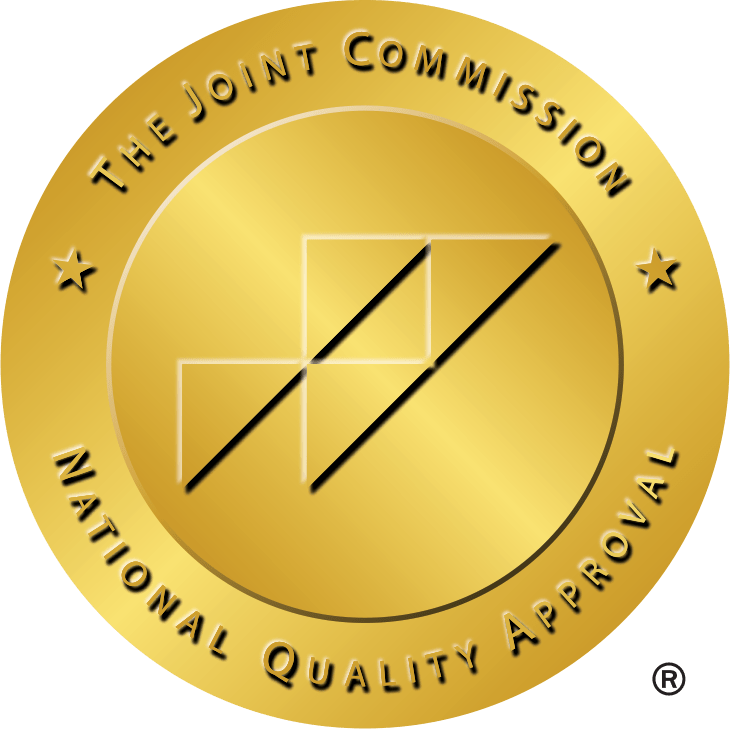Group therapy can be a scary idea for some people. Becoming vulnerable and talking about mental health and substance abuse issues with others can make you nervous, but that’s totally normal. As a matter of fact, many new group therapy attendees report feeling surprised at how welcoming, powerful, and healing group therapy can be.
Our team here at Brooks Healing Center takes pride in giving support groups to people in recovery. Group therapy topics can encourage those who may feel alone or isolated and help them realize that they aren’t alone at all. This group connection can help someone in recovery feel motivated while also making them aware of what is needed to make positive progress.
What Is Group Therapy?
Group therapy is conducted in small sessions under the guidance of a licensed clinical therapist. Typically the group members have similar issues so that discussions can be more relatable. The therapy sessions give members a safe space to be vulnerable and talk about any feelings they are having. It gives struggling group members a time to vent while also connecting with a supportive group of similar people.
Group therapy sessions usually allow people to express themselves and work through problems individually and with others through the guidance of the licensed clinical therapist. Group members can achieve these goals in many different ways and talk about certain topics together.

Common Group Therapy Topics
Recovery stories: Therapists like to start conversations by having someone share their story explaining how they got to the point they’re at. This makes a great ice breaker and helps introduce group members.
Traumatic experiences: These experiences are some of the biggest factors that lead someone to addiction. Discussing your trauma and hearing other people’s experiences can help with bonding, create vulnerability, and open doors for further growth and learning.
Family issues: Family relations are important to everyone’s life, and each group member will have their own story about how mental health and addiction affected their relationships. If there are unsupportive family members, codependencies, and attachment issues, these are all factors that can contribute to substance abuse. It is common in a group therapy session to talk about family and other forms of relationships.
Forgiveness: Holding onto negative feelings like pain or betrayal can lead to substance abuse disorders. Forgiveness helps group members lower these roadblocks so that they can grow. Forgiveness is also heavily talked about in 12-step programs. It is common to have discussions about forgiveness and how it can relate to each member’s concept of forgiveness.
Triggers: Every person who struggles with addiction has their own set of triggers, and they could be similar to those of other group members. Things like thoughts, emotions, people, places, and experiences can all lead to negative thinking, but being open about these things can be very helpful in a group therapy session. It is also common to discuss healthy coping mechanisms during sessions so that members can learn how to identify their triggers and take the necessary steps for healing.





